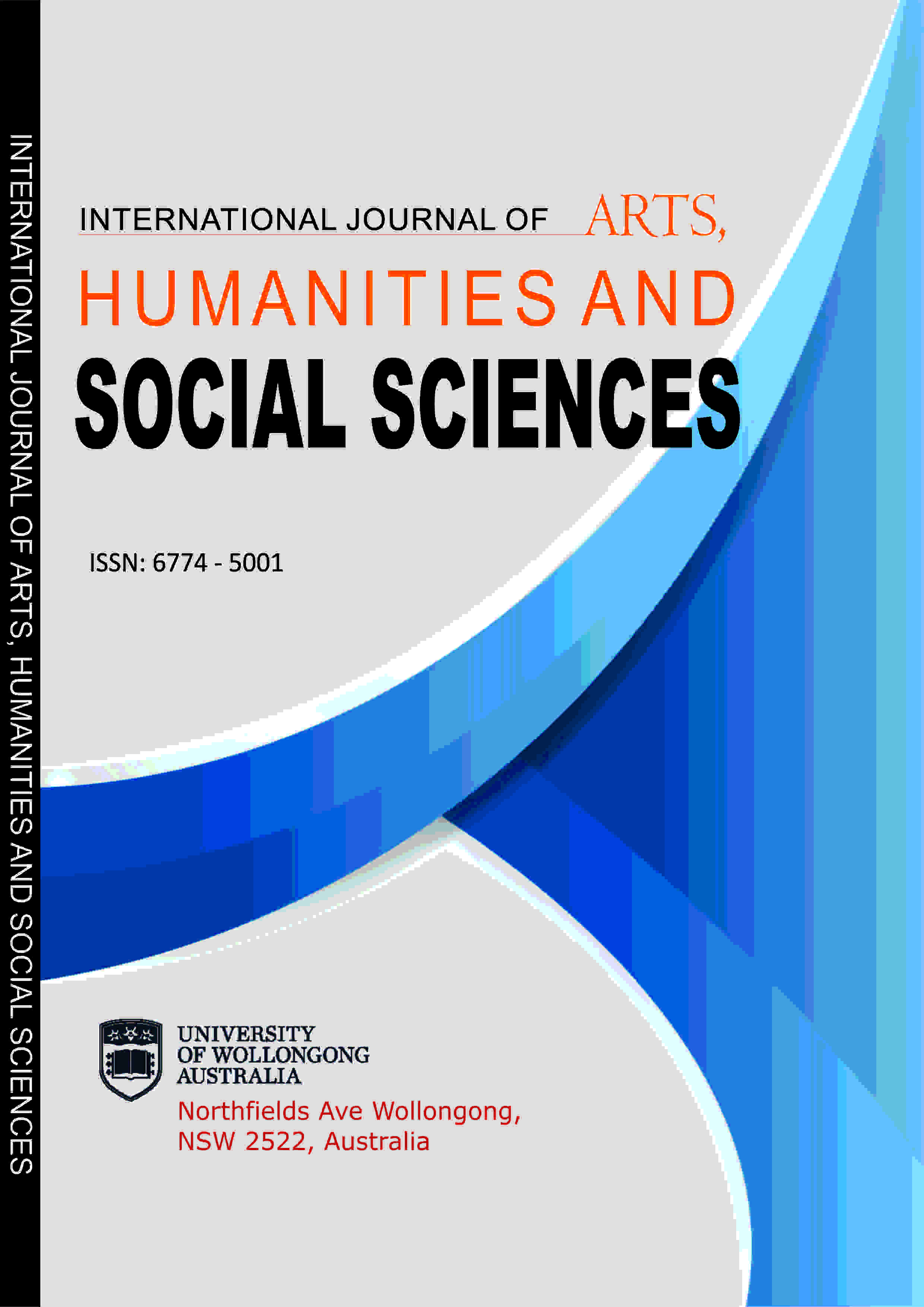INTERNATIONAL JOURNAL OF ARTS, HUMANITIES AND SOCIAL SCIENCES (IJAHSS)
INFLUENCE OF GENDER ROLES (FAMILY DECISION-MAKING PROCESSES) ON MEDICATION USE AMONG STROKE PATIENTS IN RURAL COMMUNITIES OF CROSS RIVER STATE, NIGERIA
E-ISSN: 2579-048X
P-ISSN: 6774-5001
DOI: https://iigdpublishers.com/article/808
The focus of this paper is on the influence of gender roles such as family decision-making processes on medication use among stroke patients in rural communities of Cross River State, Nigeria, as a way of understanding the health-seeking behaviour of these patients in the study area. The Patriarchal and Marxist-Feminist Theories were adopted as framework. The study employed descriptive survey design which involved the use of both qualitative (IDI, FGDs, and life histories) and quantitative (questionnaire) methods of data collection. The sample size of 600 was selected, from which 200 respondents were sampled from each LGA. A multistage sampling technique was adopted to select 10 wards from each of the LGAs, 20 villages from each ward and 10 respondents who were stroke patients from each village and were administered with a semi-structured questionnaire. Thirty in-depth interviews were conducted with six key opinion leaders which included chiefs, elders and religious leaders, six care givers, six significant others, and 12 stroke patients. Eighteen Focus Group Discussions were conducted among six men, six women, two community leaders and four community members, while two life histories were carried out on stroke patients. Quantitative data were analysed using descriptive statistics, Chi-square and Multivariate logistic regression at p=0.05; while for the qualitative data, a manual content analysis was used to enhance the explanatory clarity of the findings. Results from the study revealed that family decision-making process was significantly associated with medication use for stroke cases. Most men made health-related decisions on stroke medications based on their positions as heads of the household and in most cases, provided funds for treatment. The respondents also noted that relying on men for health-related decisions sometimes led to unnecessary delays in presentation of cases. There is need for sustained enlightenment of the people, particularly men on the risk factors of stroke, access to treatment and medication use.
Nnanna Emmanuel Patrick PhD
Afonja, A. (1995). Nigerian women in social change. Ile Ife: University Press.
Buor D. (2008). Factors influencing the Utilization of Health Services by Rural Women in Ghana. Geo journal, 18(4).
Emmanuel, L. A. (2005). Nigerian Traditional medicine. Lagos: University of Lagos. Encarta Premium, 2009.
Etobe, E. I. (2008). Sociology of Health and Rehabilitation. Calabar: Baye Communications.
Foster, G. M. & Anderson, B. G. (1978). Medical Anthropology. NY: McGraw Hill.
